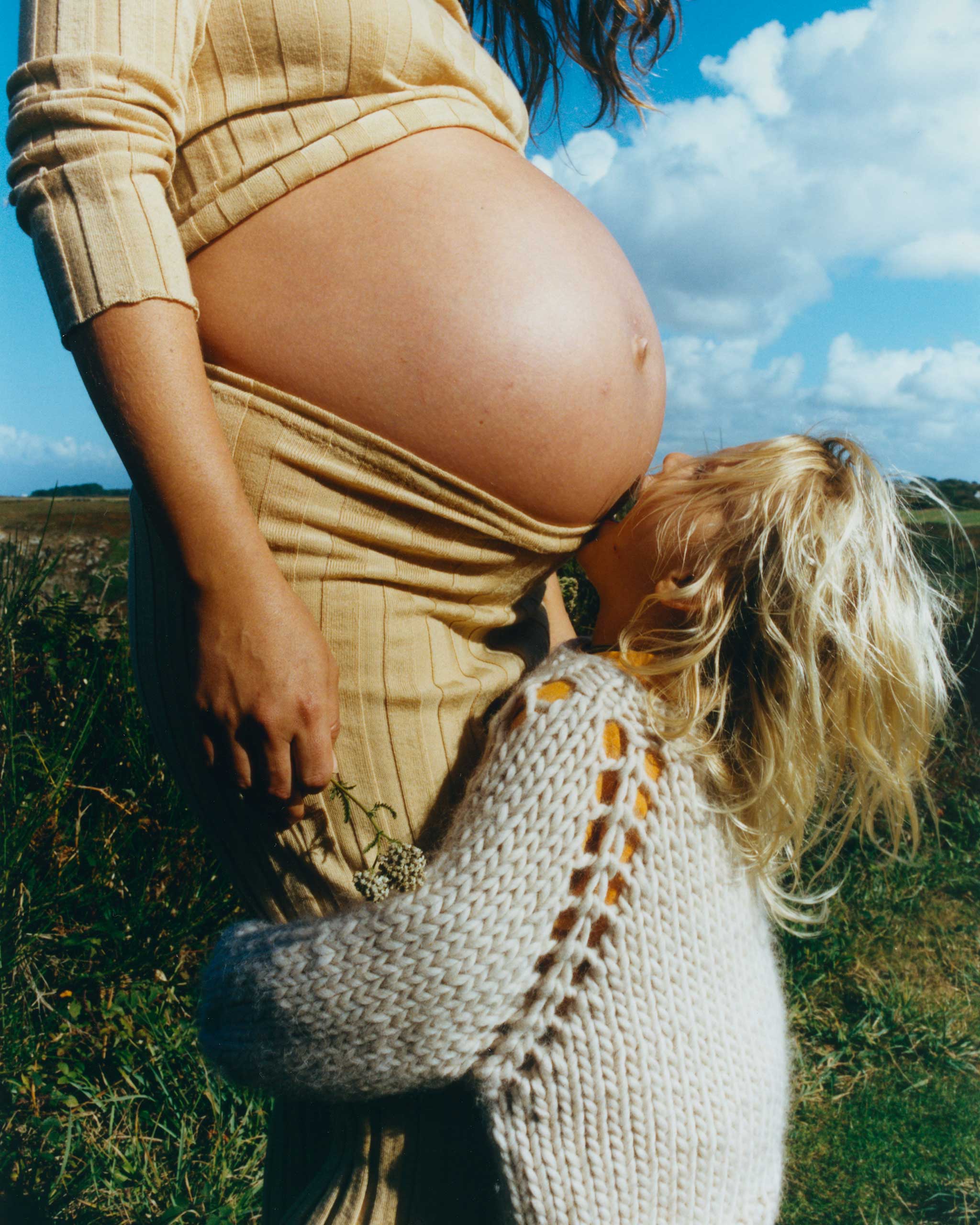Photo by Delphine Chanet
As the body transitions into the postpartum period, nutrition and fitness become crucial to sustain physical and mental well-being. Registered nutritionist-dietician Jo Sebastian shares her thoughts, advice, and recommendations for a healthy postpartum lifestyle.
From transitioning to puberty to coming into womanhood, much of female health is dictated by the changes that take place in their bodies. The menstruation cycle causes hormonal fluctuations that often come with uncomfortable symptoms: cramps, dysmenorrhea, migraines, and mood swings, to mention a few.
However, motherhood is a different conversation altogether. In the process of developing a baby inside their wombs, the mother’s body goes through an intense transformation, sometimes altering their bodies forever. Beyond the challenges that come with the physical changes, societal expectations also play a role in how mothers approach their health and fitness, especially surrounding weight loss and physical appearances.
Even registered nutritionist-dietician Jo Sebastian isn’t immune to these expectations. “If I’m being honest, one of my biggest fears around getting pregnant is the weight gain and that’s because there’s this societal pressure for you to not look like you gave birth,” she shares. “That you have to bounce back to your old body as fast as possible.”
According to Sebastian, this pressure and mindset can be harmful to mothers and their babies, as it encourages resorting to “quick fad diets” that can impact nutrition, mood, and ability to build sustainable habits. During this time, she stresses that it is crucial for mothers to support their nutrition as the body prepares to provide nourishment for their babies. A myriad of challenges come with motherhood, but there’s no need to fret—Sebastian has a few recommendations for sustaining a healthy lifestyle during the postpartum period.
1. Make sure that you’re eating enough
“It’s important that you have to make sure that you are fueling yourself to create breast milk, but also for you to be able to feel sane and to recover,” she says. Sebastian says that this usually requires mothers to increase their calorie intake by around 500 calories, to sustain nutrition and healthy breast milk production.
2. Eat a good balance of nutrients
“Having a balance of nutrients means you have carbs, you have protein, you have fat, and you have fiber. Within this balance, it’s also good to have a variety of food because that can give us different nutrients, which is very important,” Sebastian says. She recommends eating food rich in choline, omega-3, unsaturated fat, iron, protein, and calcium.
3. Focus on exercises you enjoy
For exercise, Sebastian recommends getting the green light from your doctor fist. “First consult with your doctor when it’s safe for you to come back to movement. And then usually, it would just be focusing on whatever workout you enjoy and you can do that has been approved by your doctor.”
She emphasizes finding enjoyable exercise activities, “One of the biggest steps I think that I can give is to not find a workout that feels like a punishment,” she says. “If that workout is stressful, if it hurts, if it makes you feel uncomfortable, doesn’t make you feel good—then you’re spending time punishing yourself, instead of doing something that makes us feel good.” She also suggests returning to activities you enjoyed pre-pregnancy or during pregnancy, with slight alterations to make it sustainable after giving birth.
4. Schedule in some “me” time
Aside from nutrition and exercise, Sebastian also suggests setting aside time for yourself. “This doesn’t necessarily mean that you have to spend an hour for yourself; even just five minutes can help you find your rhythm,” she says. “Health is not just about eating well and exercising, but taking care of yourself mentally.” Additionally, she also reminds to prioritize sleep to help with recovery and satiety.
What if I really want to lose weight?
Sebastian says that weight loss isn’t necessarily something to be frowned upon during the postpartum period, but the pressure that surrounds it. “It’s not that you’re not allowed to lose weight or to work on weight loss, but we have to always consider if we are taking this journey in the healthiest and most sustainable way possible,” she says.
If weight loss is something that you want to prioritize, Sebastian suggests taking it slow. “Give yourself time first right after giving birth to adjust, don’t immediately step into it,” she advises. Additionally, it is also important to create routines and habits that also accommodate taking care of a newborn baby.
“The best thing we can focus on is routine. And then focusing on the little tweaks that we can do. Is it drinking more water? Is it moving a little bit more? Is it getting more sleep?” she says. “Focusing on those small habits and then later on when you feel like your milk production won’t be impacted anymore, you can slowly adjust portion sizes to help you create that deficit.” However, keep in mind that she doesn’t recommend starting a calorie deficit right away after giving birth, to support healthy breast milk production.
An important message to all mothers
With all the pressure, expectations, and responsibilities that come with being a mother, Sebastian wants to remind them of their strength and power. She says, “I think that you are so strong, brave, and powerful for having given birth. You have to give yourself so much more credit for getting through that. We have to be kinder to ourselves, the way your body looks will change. It’s because you did something amazing. Focus on celebrating that, celebrating yourself, and finding a routine that will help you continuously celebrate yourself and your family as you move forward.”
